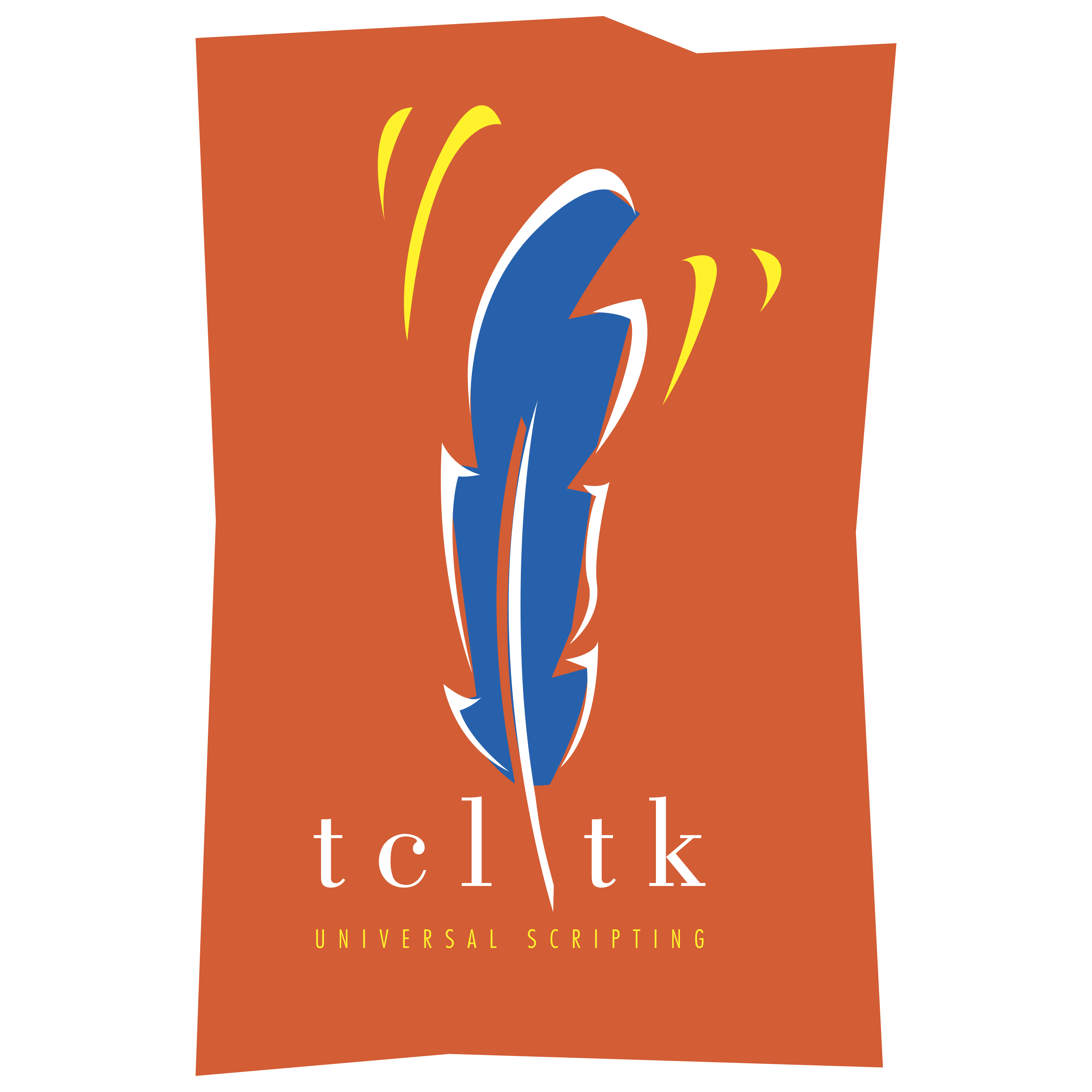JSON과 NBT의 영향을 받아 개발된 변수와 태그를 직렬화하기 위한 C++ 라이브러리...
물론 파일로 저장 및 저장된 파일로부터 복구가 가능..
// Create a reader object
BdfReader reader;
// Get the BdfObject instance
BdfObject* bdf = reader->getObject();
// Generate another BdfObject instance
BdfObject* bdf_new = bdf->newObject();
delete bdf_new;
// Get an integer
int v = bdf->getInteger();
// Set an integer
bdf->setInteger(5);
// Set an integer with an automatic type
bdf->setAutoInt(53);
// Set a primitive array of ints
int intArray[] = {3, 4, 5, 6};
bdf->setIntegerArray(intArray, 4);
// Get a byte array
char* byteArray;
int byteArraySize;
bdf->getByteArray(&byteArray, &byteArraySize);
delete[] byteArray;
// Get the type of variable of the object
int type = bdf->getType();
// Compare the type with a type from BdfTypes
if(type == BdfTypes::INTEGER)
{
}
// Serialize the BDF object
char* data;
int data_size;
bdf->serialize(&data, &data_size);
delete[] data;
// Load another reader object from the serialized bytes
BdfReader reader2(data, data_size);
/*
A reader object can be serialized to the human readable
representation as a string or sent over a stream
*/
reader2->serializeHumanReadable(std::cout, BdfIndent("\t", "\n"));
std::string data_hr = reader2->serializeHumanReadable(BdfIndent("\t", "\n"));
// A reader object can be loaded from a human readable object
BdfReaderHuman reader3(data_hr);
BdfReader reader;
BdfObject* bdf = reader->getObject();
// Can be created from a bdf object
BdfArray* array = bdf->newArray();
// Get the length of an array
int size = array->size();
// Remove any index from an array
array->remove(3);
// Set an object to an index of an array
array->set(4, bdf->newObject()->setString("A String"));
// Add an object to an array
array->add(bdf->newObject()->setByte(53));
// Set the array to the bdf object
bdf->setArray(array);BdfReader reader;
BdfObject* bdf = reader->getObject();
// New named list
BdfNamedList* list = bdf->newNamedList();
// Set an element to the named list
list->set("key1", bdf->newObject()->setInteger(5));
// Use ids instead of strings for optimisation
// if set/get is being called multiple times
// on the same key.
int key2 = bdf->getKeyLocation("key2");
list->set(key2, bdf->newObject()->setFloat(42.0F));
// Get an elements value
int v = list->get("key1")->getInteger();
// Check if an element exists
bool has_key = list->contains("key1");
// Get the lists keys
std::vector<int> keys = list.getKeys();
// Iterate over the lists keys
for(int key : keys)
{
// Get the keys name
std::string key_name = bdf->getKeyName(key);
}'블로그 (Blog) > 개발로그 (Devlogs)' 카테고리의 다른 글
| 개발 문서 생성기 'Sphinx' (0) | 2024.06.28 |
|---|---|
| libGLU (0) | 2024.06.27 |
| tcping (0) | 2024.06.21 |
| subprocess for C++ (0) | 2024.06.20 |
| CGAL의 boolean operation (0) | 2024.06.18 |
